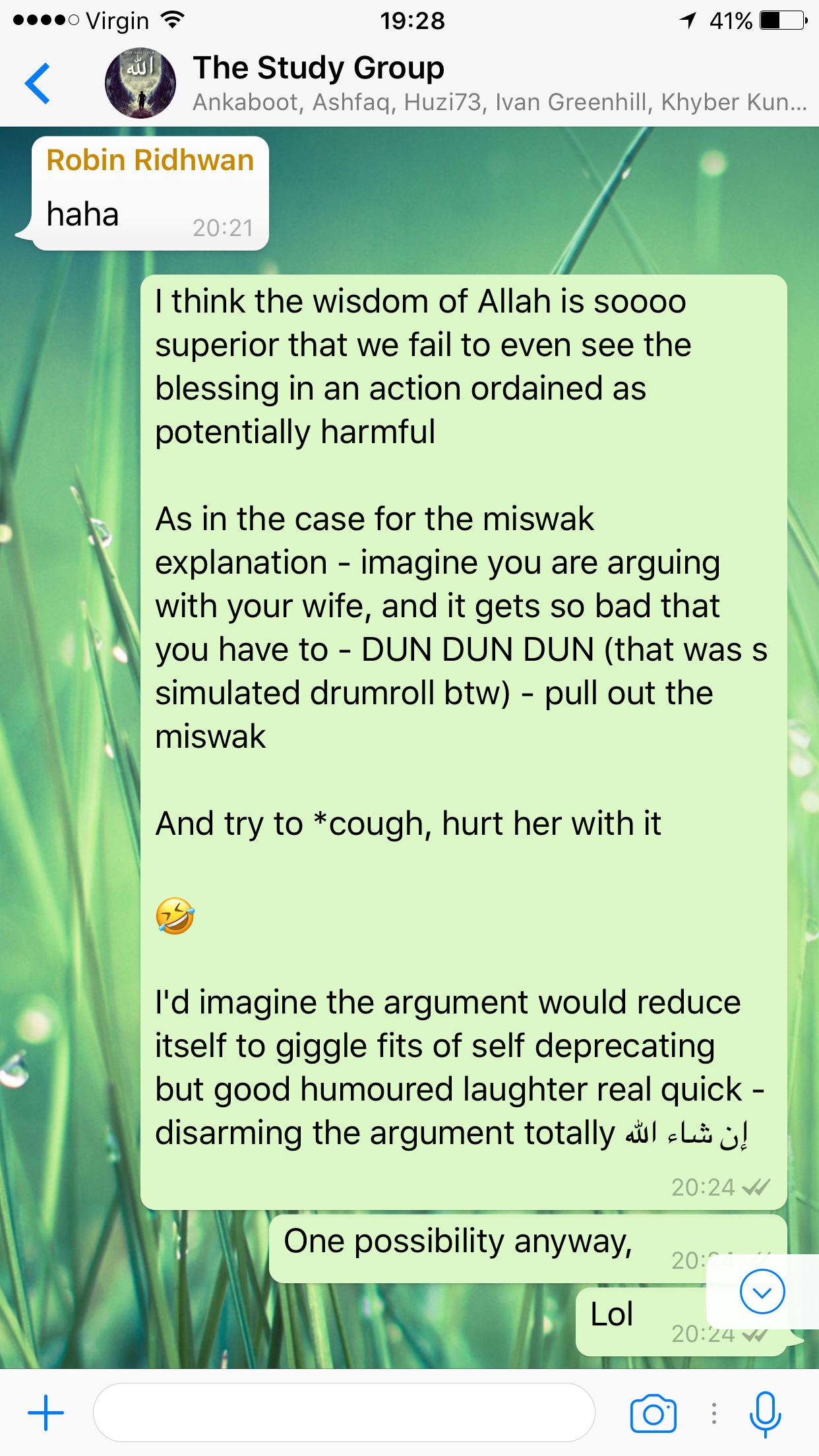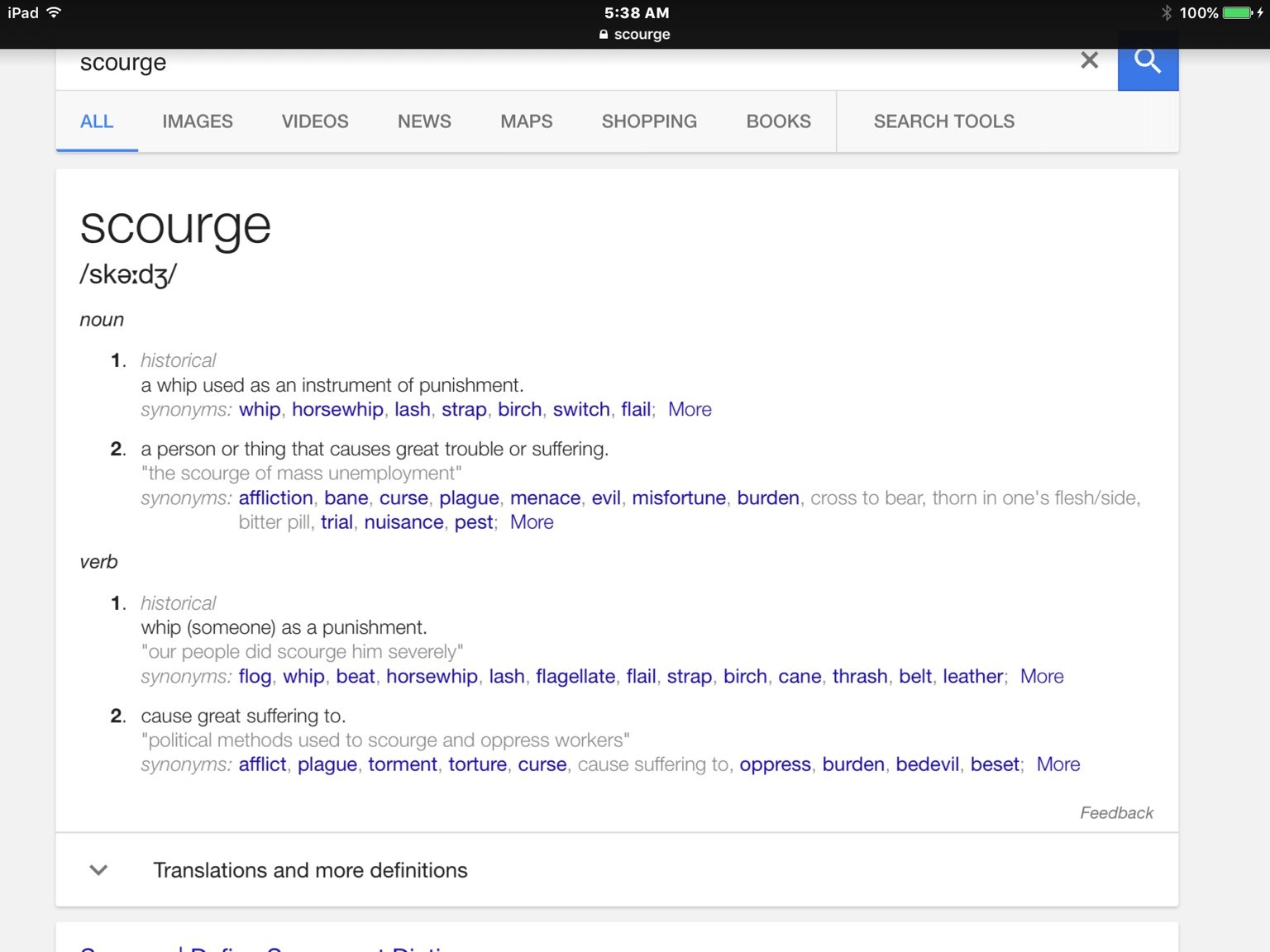Of course I've found the word beat in Islamic scripture, and its various interpretations or 'misinterpretations'
I meant any 'dictionary' definition of the word beat. Language existed before religion. The definition of the word beat, in the context of hitting someone, with any object, has not changed. Beating someone, with anything, is violent by definition.
The English language is not that easily misinterpreted. Most words have one universal meaning to ensure that we can communicate as human beings.
Beat, strike, scourge or beat 'lightly', in this context, and by definition are violent acts.
Ah I see the problem now.
You are a linear speaker, only one language right? This makes it hard for you to understand concepts such as what follows:
In English, we only have on word for love. Love itself.
In Arabic there are over 60 variants for the word LOVE, depending on the context one is using the word. ONe can love chocolate, and one can love his wife - but the types of love are very different. In Arabic, there are over 60 variants for the word LOVE alone, depending on the contextual usage of the word, LOVE.
Same for many MANY words in Arabic, including beat.
And in English, we have the opposite, for example, one word can have many meanings - take the word "beat" itself. You can beat an egg in a bowl - you can dance to the beat, and you can beat someone up. Three very different uses for the word "beat", i'm sure there are more.
You cannot by any measure of logic, attempt to claim that the word "beat" as translated into English is adequate as translated, because English itself is very limited in expression. And nowhere near as expressive as Semitic languages like Aramaic and Arabic.
Not just this, but Arabic is an ancient language which hasn't had the morphological issues English suffered. Take for example, Chaucer, 14th century CE English literary giant of the past - try reading his work today, and tell me if you can make any sense of it? You won't be able to - and that - is English. Chaucer is still hotly debated in Literature circles.
Bare in mind, how Chaucer was 14th century (700 hundred years ago) and Islam was 7th century (1400 years ago) and still English is developing, while Arabic is mastered.
English is a language inadequate, and clumsy in translation.
For this reason, the explanations of the scholars who speak to English speaking folk regarding the linguistic nuances of the Qur'an, should be studied to avoid confusion.
Hope this helps,
God bless,
Scimi






 said:
said: